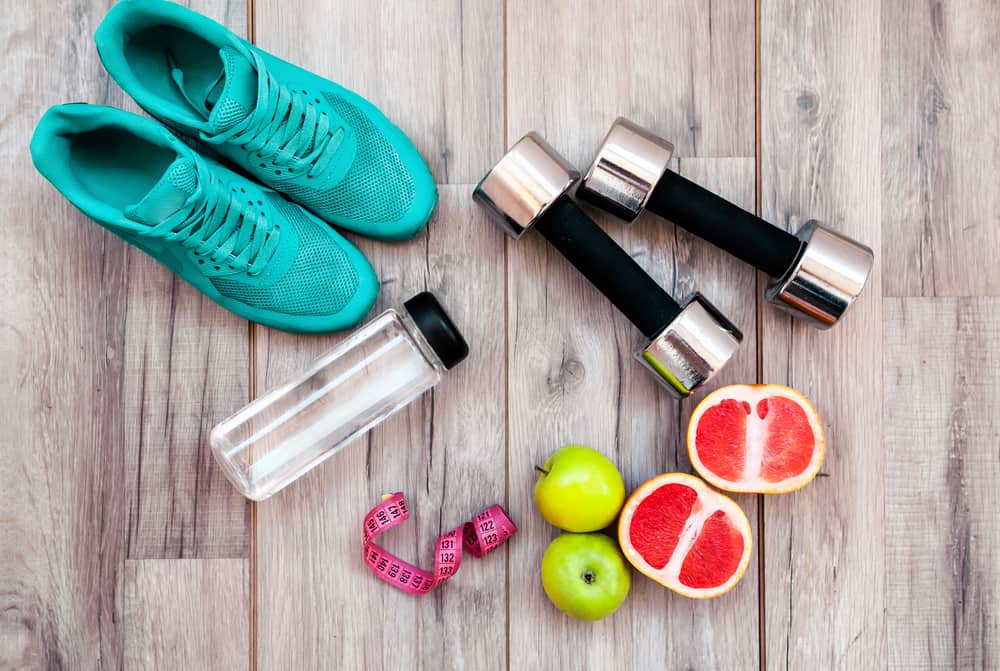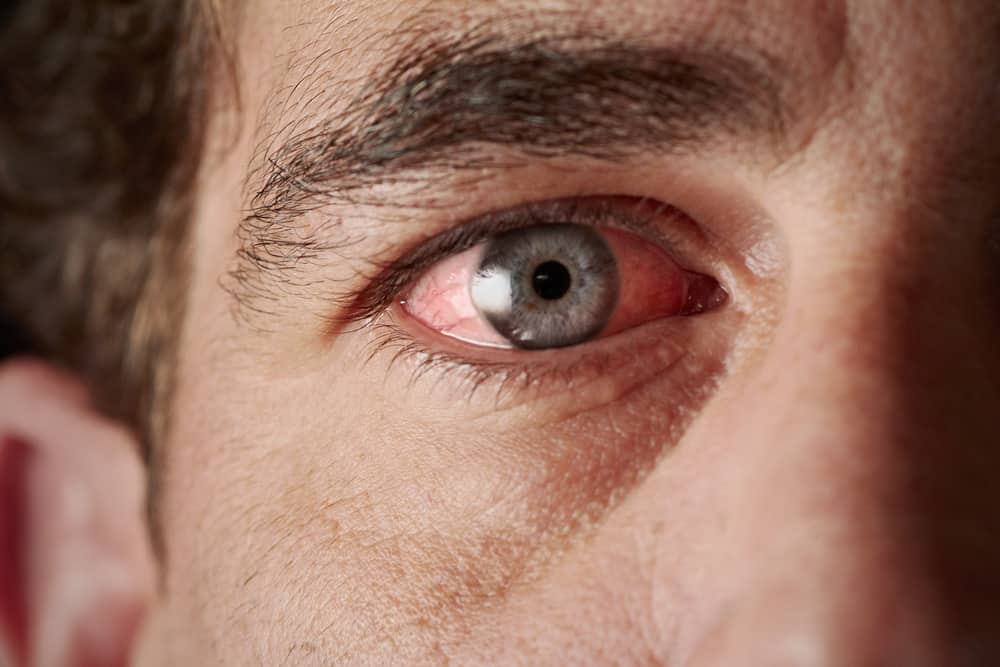Contents:
- Medical Video: #1 Diet Tip for Hypoglycemia (Low Blood Sugar)
- Sports to Maintain Blood Sugar Levels
- Symptoms of hypoglycemia during exercise
- Tips for preventing hypoglycemia during exercise
- Other tips for preventing hypoglycemia during exercise
Medical Video: #1 Diet Tip for Hypoglycemia (Low Blood Sugar)
Being a type 2 diabetes sufferer, exercising and running a diet are one way to maintain blood sugar levels. Even so, there are things that must be considered so that you do not arise new problems when running a healthy lifestyle, one of which is hypoglycemia during exercise. How to?
Sports to Maintain Blood Sugar Levels
Applying a healthy lifestyle cannot be separated from keeping the body to stay physically active. Sport is absolutely necessary to balance the planning that we have made, so that the number of calories that enter the body remains the same as the number of calories released. This is done to prevent the possibility of disease in a person's body.
For people with diabetes, exercising is one of the best ways to manage diabetes, in addition to maintaining a diet. Exercise is considered to be able to restore your body's response to insulin and keep your blood sugar levels within safe limits. At least you can exercise for 30 minutes in one day.
When you are required to always be physically active, then you also take drugs to control diabetes that you have, the risk of your blood sugar being too low is in front of your eyes. It is not impossible that the exercise plan that you are running to keep your blood sugar stable will bring new problems, namely hypoglycemia. Hypoglycemia during exercise can bring new problems for you.
Symptoms of hypoglycemia during exercise
Low blood sugar levels or hypoglycemia during exercise is one of the most common threats, especially for diabetics. Plus, symptoms of hypoglycemia during exercise may not show signs. Even if a symptom arises, you might misinterpret it because hypoglycemia and good signs of exercise have more or less similar signs. Hypoglycemia and good exercise have similar characteristics, such as sweating, the heart beats fast, feeling tired, and hungry.
The similarity of traits sometimes makes you ignore it and continue the activity you are doing. As a result, hypoglycemia when the exercise you experience can worsen. Therefore, it is very important for you to be sensitive to the signs of hypoglycemia when exercise occurs. Some symptoms of hypoglycemia that can be identified are as follows:
- Feeling confused and like dreaming
- Impaired vision (blurred vision)
- Tingling or numbness of the lips and tongue
- Balance loss
Maybe the feeling you feel will be different between hypoglycemia due to fasting and low blood sugar levels caused by lack of calorie intake. If you feel doubtful, you should immediately check your blood sugar levels.
Tips for preventing hypoglycemia during exercise
1. Check blood sugar levels
For people with diabetes, maintaining blood sugar levels within normal limits is very important so that the diabetes they suffer does not cause unwanted complications. Routinely, blood sugar checks must be done to find out whether the treatment, diet program, and exercise given are appropriate.
In addition to checking blood sugar levels on a regular schedule that you and your doctor agree on, checking blood sugar levels before, during, and after exercise is also important. Don't skip this routine because it will affect you during the sport.
Check your blood sugar levels before exercising. If the results are between 100 mg / dl and 250 mg / dl, continue your activities. Make sure your blood sugar level is above 100 before starting exercise, especially if you are going to exercise for a long time, about two hours or more.
If your blood sugar level is above 250 mg / dl before starting exercise, check ketones in your urine. Ketone substances arise because the body burns fat, not sugar to be converted as energy. If your urine test results indicate a ketone, don't continue exercising. This can increase your blood sugar levels and increase the risk of ketoacidosis which may have an impact on coma or even death.
During exercise, you do not need to check blood sugar levels unless you plan to exercise for a long period of time, for example within two hours or more. If you plan to exercise for two hours or more, check your blood sugar levels every hour.
If your blood sugar levels during exercise are in the range of 70 mg / dl or lower, stop the activity and consume foods that contain carbohydrates, such as pieces of fruit, low-fat yogurt, and granola bars. Check every 15 minutes, if it doesn't change, repeat this.
Check after you are done. This will let you know how the exercise you are doing can affect your blood sugar levels. this check will also provide information to you whether you need to need snacks to raise sugar levels (if below 100 mg / dl) or not.
What needs to be remembered is that blood sugar may still decrease to a low level within 24 hours after you do moderate or heavy exercise. Don't forget to keep checking your blood sugar levels regularly.
2. Eat before you exercise
It is very important to exercise at the right blood sugar level so that you avoid an attack of hypoglycemia. Make sure you "fill" your body with food before starting exercise to have enough energy reserves.
You can choose fast-working carbohydrates, like oatmeal, bananas, or juice. Stay away from foods that are rich in fat, such as ice cream, because it takes a long time to digest. Eat foods that contain protein because these foods will not affect blood sugar levels but can prevent hypoglycemia and stabilize blood sugar levels during exercise.
3. Know the symptoms of low blood sugar
After knowing the symptoms mentioned above, it is certainly very important to be more sensitive in identifying the characteristics of hypoglycemia that arise due to exercise. Stop exercise immediately if you find symptoms of hypoglycemia, such as headaches and staggering. Give help by consuming carbohydrates.
4. Always provide snacks when exercising
Because exercise can be done anywhere and anytime, you should always bring snacks or drinks that can increase blood sugar levels quickly.
Other tips for preventing hypoglycemia during exercise
- Don't exercise when insulin reaches the peak of your working period
- Try to finish exercising at least two hours before bedtime
- Do not take alcholol before and after exercise
- Do not immediately take a hot shower, sauna or room with warmers
- Exercise regularly one or two times a day












